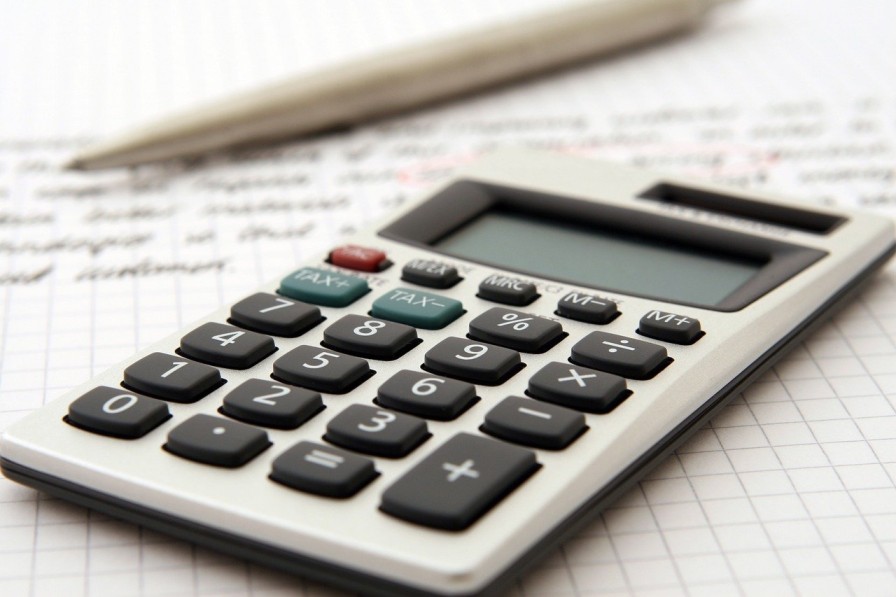The most common question any business owner asks is, “How much is my business worth?”. Business owners require in-depth research and valuation to know the worth of their organisation. They should perform business valuation to determine the economic value of the whole business. The business valuation process shows an organisation’s fair value for various reasons, including sale value, tax reporting, etc. The process involves gathering and analysing business information like tangible, intangible assets and liabilities of the organisation. The professionals conduct the valuation process to identify the operational inefficiencies and creating substantial cash flow for the business.
Well-conducted business analysis helps the owners know their business’s actual value. One method to assess your business’s value is ratio analysis. Ratio analysis accounting helps businesses analyse and identify a company’s financial health and improve accordingly. Knowing the worth of the business boosts the business intelligence of the owners. But how to know the right time to conduct a business valuation? Let us list certain points to know when do you need a business valuation:
When to conduct a business valuation?
A business can conduct valuation in the case of the following events:
- If a business is planning to sell up and exit the company.
- If there is a change in the ownership as part of succession planning or retirement.
- Merger or sale to another entity or organisation.
- Joining of a new partner or shareholder into the organisation.
- Any raise in the investment capital.
- For other tax purposes.
An organisation follows different approaches to perform business valuation like reviewing financial statements, discounting cash flow models, and comparisons between similar enterprises. However, different businesses follow different approaches to conduct business valuation. Let us learn about some methods to perform business valuation.
Different methods to perform business valuation
- Asset valuation– One of the most straightforward methods is asset-based valuation. The asset-based valuation examines the total value of assets of your business. The assets include all the tangible items of your business- like cars, real estate, etc. and the intangible assets such as patents, copyrights, and trademarks. In other words, the approach uses the value of the assets to determine the valuation of a business. The asset is equal to the book value or the equity, and the value is determined by subtracting liabilities from assets. An analyst can use two primary methods to calculate an assets-based valuation: the going concern approach and liquidation value. Therefore, asset-based valuation is an excellent method to determine the exact value for which a business can be sold.
- Discounted cash flow (DCF)- Another method to perform business valuation is discounted cash flow analysis. It is an intrinsic valuation method used to determine an investment’s value based on forecasted cash flows. It helps to calculate the worth of an investment as of today based on the return in the future. DCF analysis uses a discount rate to know whether an investment’s future cash flows are worth investing in and whether a project is capable of investment. In addition, investors use DCF analysis to derive the present value of various competing investments and choose the one with the highest present value. However, sometimes the highest present value also comes with riskier opportunities than other prospective investments.
- Market capitalisation– One of the easiest methods to quickly and accurately ascertain the value of a business is market capitalisation. Market capitalisation is a method that allows businesses to know their worth as determined by the stock market. It is calculated by multiplying the number of outstanding shares by the current market value of one share. Also, this method can be used to determine the size of a business and, after that, evaluate the financial performance of one business with other businesses. Generally, businesses with larger market capitalisation represent established companies that are safer investments than other businesses. Also, market capitalisation helps to know whether an organisation is large-cap, mid-cap or small-cap. A business can first establish its market capitalisation via an initial public offering.
- EBITDA– Another method is to use EBITDA to determine a possible selling price for a business. EBITDA stands for Earnings before Interest, Taxes, Depreciation, and Amortisation. Businesses use EBITDA to value a business by comparing it with other similar companies. In other words, EBITDA is an indicator that investors often use to evaluate the financial performance of companies. In addition, it facilitates valuable comparisons between companies and industries. Above all, EBITDA calculation helps identify the business’s health before selling it or finding new investors. When a business calculates its cash flow via the EBITDA method, a positive EBITDA shows good cash flow, while a negative EBITDA highlights poor cash flow.
- Book value– Book value is another common measure of a business’s value. The book value refers to the equity value of a company as stated in the financial statements. The book value is determined by subtracting a company’s total liabilities from its total assets. It is relevant in terms of valuation as it represents a true and fair view of a business. In addition, investors and market analysts primarily use it to analyse a company’s worth. As a result, investors or prospective investors can anticipate substantial stock profits and the trading position.
Final Thoughts
It is often difficult for business owners to ascertain the value of a business. The whole process is quite complex and requires professional guidance. Like ratio analysis accounting, business valuation methods need technical expertise to achieve maximum results.
Apart from the business valuation method, organisations can utilise KPI reporting to obtain a clear picture of their value and functioning. However, you can take assistance from accounting and bookkeeping services providers to get a true and fair assessment of your business. In conclusion, highly qualified experts by your side with relevant expertise and years of practical experience will allow your business to survive and thrive in the long run.
Read also: How To Create A Minimal Professional Look













